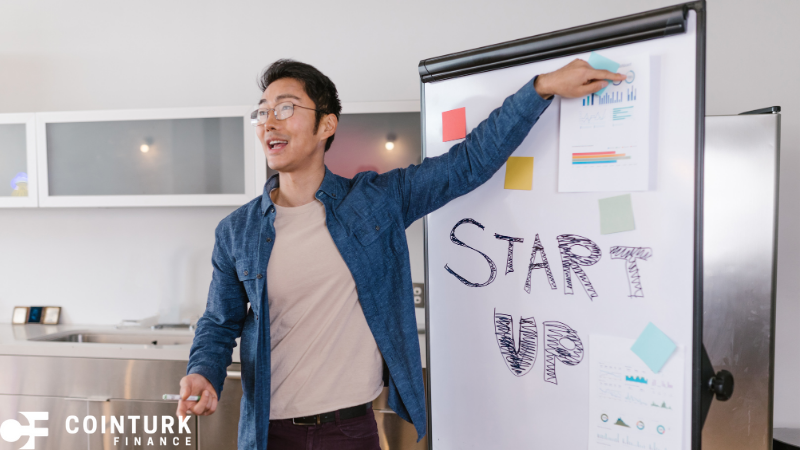IFA Berlin, one of the largest consumer electronics trade shows, celebrated its centenary this year, featuring a mix of groundbreaking and sustainable technology products. The event highlighted numerous European startups and scaleups committed to creating environmentally and socially impactful hardware. Despite the prevalence of e-waste and a significant presence of Korean and Chinese startups, certain innovative products stood out for their sustainability focus and potential for social good.
Event participants in the past have often focused on the latest in consumer electronics without a particular emphasis on sustainability. Historically, the trade show has been a hotspot for showcasing the newest gadgets, often without regard to their environmental impact. This year, however, there was a noticeable shift towards sustainability and social impact, reflecting a growing awareness and demand for eco-friendly technologies.
Previous editions of IFA have seen fewer European startups dedicated to sustainable practices, but this year’s event demonstrated a significant increase in such initiatives. The current trend indicates a broader movement within the tech industry towards environmentally conscious innovations, supported by advancements in hydroponics, assistive technologies, and waste recycling.
Innovative Farming Solutions
Grovero, a Dutch company, presented its microfarms designed for sustainable indoor farming. These farms use hydroponic technology to significantly reduce water usage by 90% compared to traditional farming methods. They also eliminate the need for herbicides and pesticides, thus preventing chemical runoff and fostering healthier ecosystems.
“The farms will be available for pre-order at the end of September for €1799,” the company announced.
Assistive Reading Technology
French startup Lili for Life introduced their Lili lamp, aimed at aiding dyslexic individuals. The lamp emits imperceptible flashes of light, enhancing the clarity of written text for dyslexic readers. Over time, this technology can help users memorize more words, leading to improvements in reading and spelling.
“Lili does not cure dyslexia. It is an assistive technology that reduces fatigue and makes reading easier,” a company representative explained.
The emphasis on sustainability and social impact at IFA Berlin is a significant departure from previous years. This focus aligns with global trends pushing for more eco-friendly and socially responsible technological solutions. Companies like Grovero and Lili for Life exemplify this shift, offering products that not only serve functional purposes but also contribute to broader societal goals.
The event illustrated how technology can be harnessed to address environmental concerns and social challenges, signaling a promising future for sustainable and impactful innovations. These developments indicate a positive trend towards integrating sustainability into mainstream tech industry practices, potentially leading to lasting positive changes.










